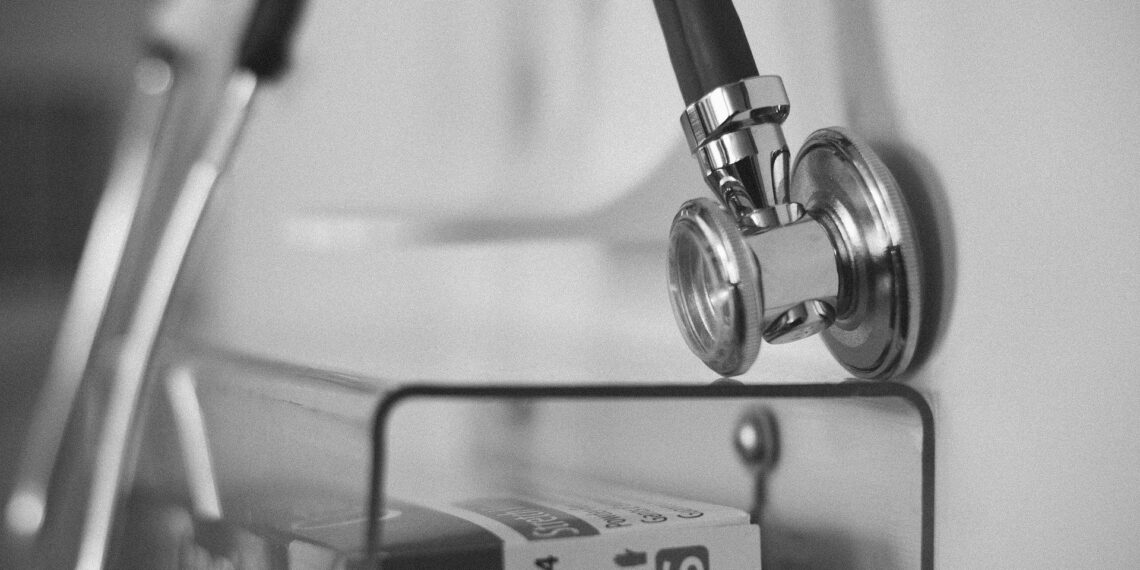Obesity is a real medical condition that involves an excessive amount of fat accumulation in the body. It can lead to fatal outcomes like sleep apnea and cardiac arrest. Going for weight loss surgery is a great option for people who want to shed some pounds and control their eating habits. But what is the best bariatric (weight loss) surgery? What’s the risk and reward balance, and which one do the doctors recommend? In this article, we will answer all these questions for you!
So, without further ado, let’s dive right in!
Best Weight Loss Surgery to Get:
Gastric sleeve vs. gastric bypass is the question that has caught the attention of everyone. Let’s settle this debate once and for all and decide which one you should go for.
Gastric Sleeve Surgery:
Gastric sleeve surgery, also known as vertical sleeve gastrectomy, is a surgical weight-loss procedure. The stomach is reduced to about 15% of its original size by removing most of it vertically. It leaves a small pouch that can hold only a limited amount of food.
The advantage of this surgery is that it does not involve cutting or stapling any part of the intestine, and therefore, there are fewer chances of complications. Additionally, since it doesn’t disturb digestion, patients usually don’t have to take vitamin supplements after the surgery.
Gastric Bypass Surgery:
Gastric bypass surgery has been around for a long time and is an effective weight loss solution. In this procedure, the stomach is not reduced in size, but it is rerouted to a small pouch that can hold only a small amount of food. This way patients feel full even if they have consumed less food which helps reduce their calorie intake considerably.
The main disadvantage with gastric bypass surgery is that there are chances of nutrient deficiencies due to malabsorption and dumping syndrome (feeling nauseous or lightheaded immediately after eating). Also, since part of the intestine gets stapled during gastric bypass surgery, complications like hernia may arise later on down the road.
So now that you know the details of both gastric bypass and gastric sleeve surgery, you can make a more informed decision. As for the best weight loss surgery, that crown has to go to the gastric sleeve as there are fewer complications, and the stomach and intestines do not have to be stapled at the end. However, gastric bypass surgery is the most common bariatric surgery and has been performed for the longest time. Having said that, it is always better to do your research thoroughly and take help from a qualified team of professionals like the doctors over at Dr. Feiz, as their years of experience in the field are very helpful.
Here are a few things you need to take care of after the operation:
- Follow the dietary recommendations your doctor gives you.
- Be sure to show up for all the follow-ups and appointments your doctor has scheduled for you; this is very important as they monitor your weight loss progress over time. If any complications arise that need attention (like nausea or feeling faint), they can be dealt with promptly.
- For the first week or two, you can not have anything but water or light drinks (NO ALCOHOL), and you need to take proper rest. After this time, you can start eating soft, pureed food.
- You can do light walks if your doctor permits it after surgery and over time, slowly increase your activity level, and avoid anything that makes you feel tired, weak, or breathless.
That concludes today’s blog post, and as you can see, sometimes it’s not about what’s the best surgery, but about what works better for you. Some people may even be recommended to get gastric bypass instead of sleeve gastrectomy, but that doesn’t mean it’s not the right choice. Weight loss surgery is a big commitment, so have faith in your doctor’s word and fight obesity!
For further information, visit the FAQs section below.
Frequently Asked Questions:
What foods cannot be eaten after bariatric surgery?
You should avoid eating anything for the first week or two after surgery. After that, you can start with soft, pureed food and then progress to solid foods slowly. Things to avoid are oily foods, fatty foods, fried food, alcohol, carbonated drinks, bread, red meat, and spicy food.
Can I drink alcohol after bariatric surgery?
No, you are not allowed to have any alcohol for the first few weeks post-operation and then only in moderation.
What is dumping syndrome?
Dumping syndrome is a condition that occurs when food moves too quickly from the stomach to the small intestine and causes nausea, vomiting, dizziness, and lightheadedness.
Read Also : Challenges Parents Face When Adopting A Child in Georgia








